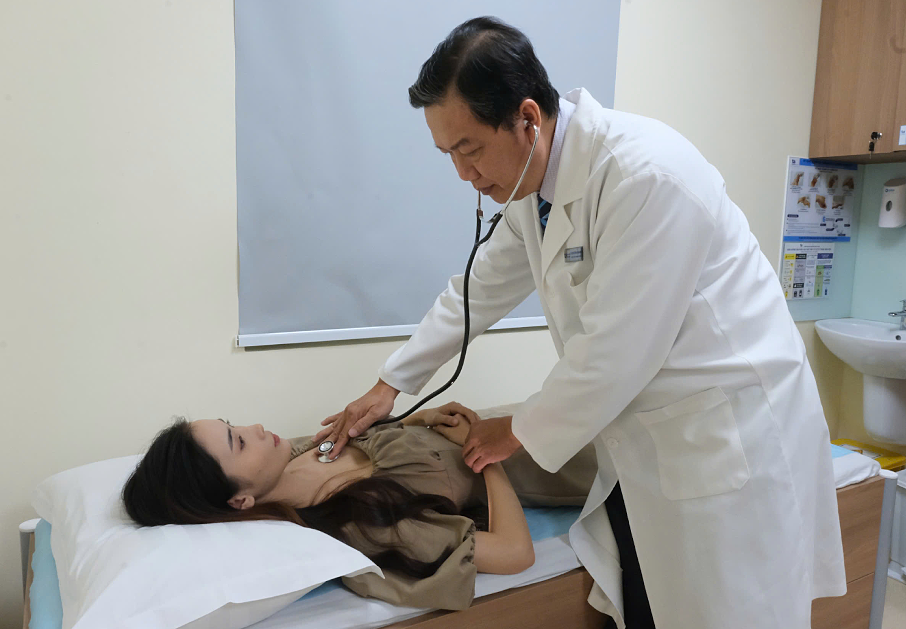Answer:
Acute diarrhea is defined as having three or more loose stools within 24 hours, lasting no longer than 14 days. It's primarily caused by bacterial, viral, or parasitic infections, or food poisoning. Diarrhea can lead to the loss of water and electrolytes. Frequent vomiting can also make oral rehydration difficult, causing rapid weakening, excessive thirst, dry skin, infrequent urination, rapid pulse, dizziness, and low blood pressure.
However, not everyone with diarrhea needs IV fluids. Administering IV fluids without a proper diagnosis and a doctor's recommendation can lead to electrolyte imbalances, anaphylactic shock, infections, pulmonary edema, or circulatory overload. These risks are particularly high for individuals with underlying heart conditions, hypertension, or kidney disease.
For mild diarrhea, if you can still eat and drink and aren't vomiting excessively, and don't show signs of severe dehydration, home treatment is usually sufficient. Replenish fluids and electrolytes with oral rehydration solutions like Oresol, diluted rice porridge with salt (one 200 ml bowl of diluted rice porridge with 1/4 or 1/3 teaspoon of salt), clear broth, or commercially available electrolyte drinks. Rest, and avoid milk, fried or greasy foods, and raw foods to aid recovery.
If diarrhea persists for more than two days, occurs excessively during the first day, or is accompanied by fatigue, bloody stools, severe abdominal pain, persistent high fever, continuous vomiting, infrequent urination, rapid weight loss, you should seek immediate medical attention. Pregnant women, children under 6 months, individuals over 65 with underlying conditions such as hypertension, diabetes, chronic kidney disease, malnutrition, or those unable to drink fluids, require medical monitoring. A doctor may recommend IV fluids if diarrhea exceeds 10 times a day, vomiting is frequent, fever is high, urination is minimal, or the patient is too weak for oral rehydration.
 |
A doctor examines a patient. Illustration photo: Tam Anh General Hospital |
IV fluids do not cure diarrhea. To alleviate symptoms, the underlying cause must be identified. If you experience frequent diarrhea, consult a doctor. They will assess the level of dehydration by checking your pulse, blood pressure, and skin elasticity, conduct a physical examination, and may order blood and stool tests. Based on your condition, the doctor will determine whether IV fluids are necessary.
With prompt diagnosis and proper management, acute diarrhea can resolve within a few days. Avoid self-treating with home remedies or using IV fluids unnecessarily. IV fluids are a supportive measure, not a substitute for treating the root cause.
Associate Professor, Doctor Ngo Tran Quang Minh
Head of General Internal Medicine Department
Tam Anh General Hospital, District 8
| Readers can submit questions about digestive diseases here for doctors to answer. |












